I love my children. So much.
Even when they give me stink eye. Which Gordy has clearly mastered. ⬆️
I love all children. They make me happy. They make me laugh. They sparkle with light, curiosity, and goodness. They remind me that the world is going to be okay. But when it comes to parenting of late, I have struggled to know how to love my children when they aren’t being very . . . lovable.
Sometimes they’re downright prickly. They talk back. They resist my hugs. They don’t want to hear any advice or correction I want to give them. They can’t calm themselves down. They hurt each other. They don’t like how I do their hair, what I make for dinner, or that I require them to turn their socks right side out before tossing them into the washer.
Honestly, some days I’m at a loss.
So I turned to the scriptures to see how Christ interacted with the children, and this was the message that came to me. Maybe it will be of help to you too.
Note: These are remarks I gave in our Stake Conference on Easter Sunday. Originally I had included this talk with my last post on Beauty for Ashes. But it was confusing for people to find there. So I’ve split that post into two, and here is the text to my talk.
Suffer the Little Children — and the Big
Today, on Easter Sunday, we celebrate the courage of our beloved Savior. His devotion to us, and His Father, moved Him through the horror of Gethsemane, the agony of a brutal Crucifixion, and finally to the quiet of Sunday morning, when he stepped from a shadowy tomb into the sun, triumphant. The Light of the World would never be darkened again.
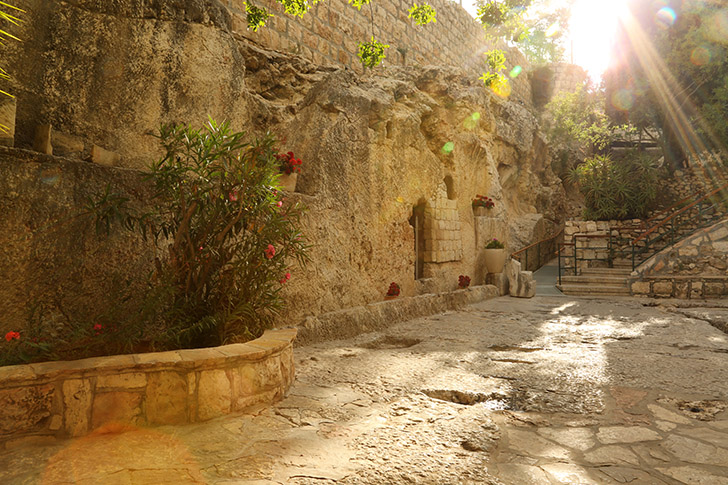
I love Jesus. He is our precious Redeemer. He is the only One to whom we can take our ashes — the things we have ruined, the refuse, the burnt up pieces of our lives — and place them in his hands. How He does it, I don’t know, but miraculously, He takes those ashes and transforms them into beauty. . . into meaning. . . into stillness.
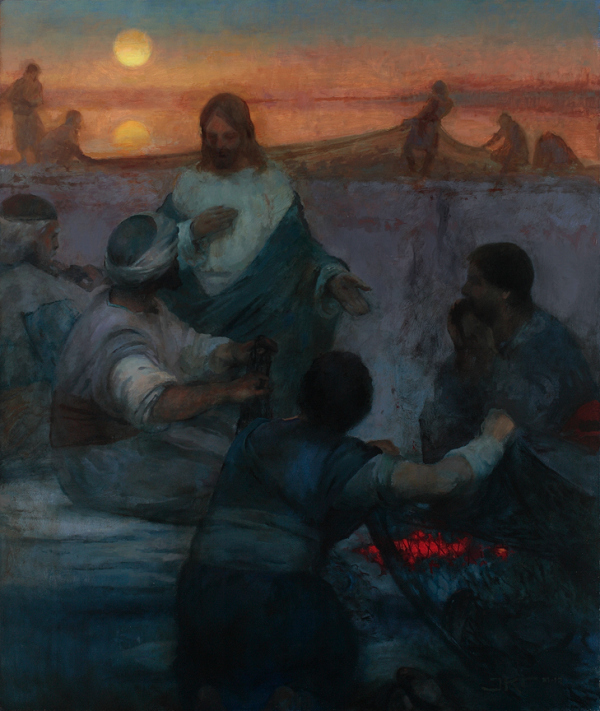
Last Sunday I was in Boston with a couple women I love, who are also in our stake — Darci Hall and Molly Rice. We had the privilege of attending a Palm Sunday service at Boston’s Old South Church. As part of the processional hymn, a group of busy children, waving palm fronds, tottered their way down the center of the church where they took their place in front of the altar. After the last note was sung, these children, and all the children throughout the sanctuary shouted with gusto, “Hosanna! Hosanna! Hosanna!” They hoisted their branches high, shouting with energy and joy. So many Hosannas we lost count. All in unison. Their youthful voices ringing out their simple love for a Jesus who saves.
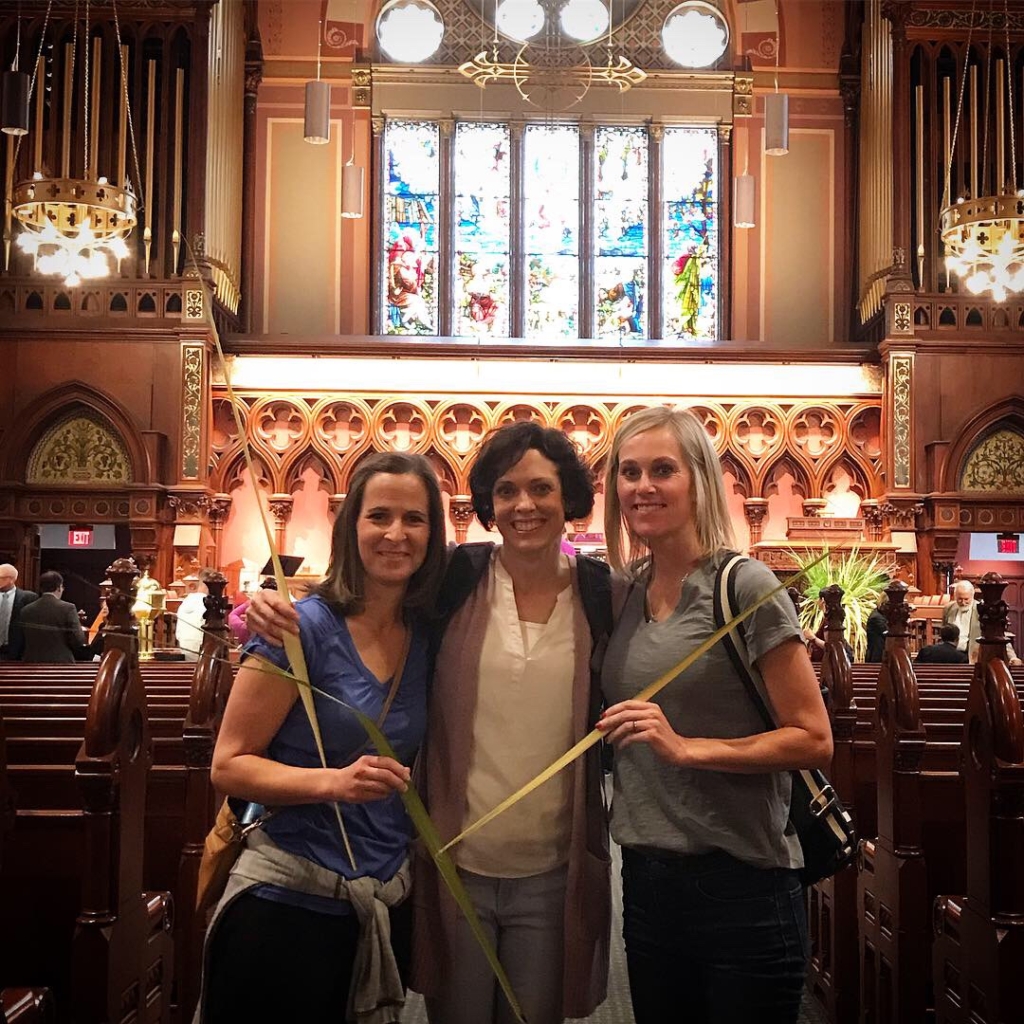
Later I wondered why only the children had shouted hosanna. Maybe it was tradition? Maybe it was a way to keep the kids engaged? Or. . . maybe it was a reminder of how we ought to be. How easily children love God. And how jubilant we ought to feel at the thought of Christ’s redeeming work in our own lives.
When Jesus was asked, “Who is the greatest in the kingdom?” He was silent for some time. Then He called a little child to come to him. He set the child where everyone could see him and said, “Except you become as little children, ye shall not enter into the kingdom of heaven.” (Matthew 18: 1-4)
Jesus taught that we ought to be more like children. More humble in our dealings with each other. More quick to obey. More pure in our hearts.
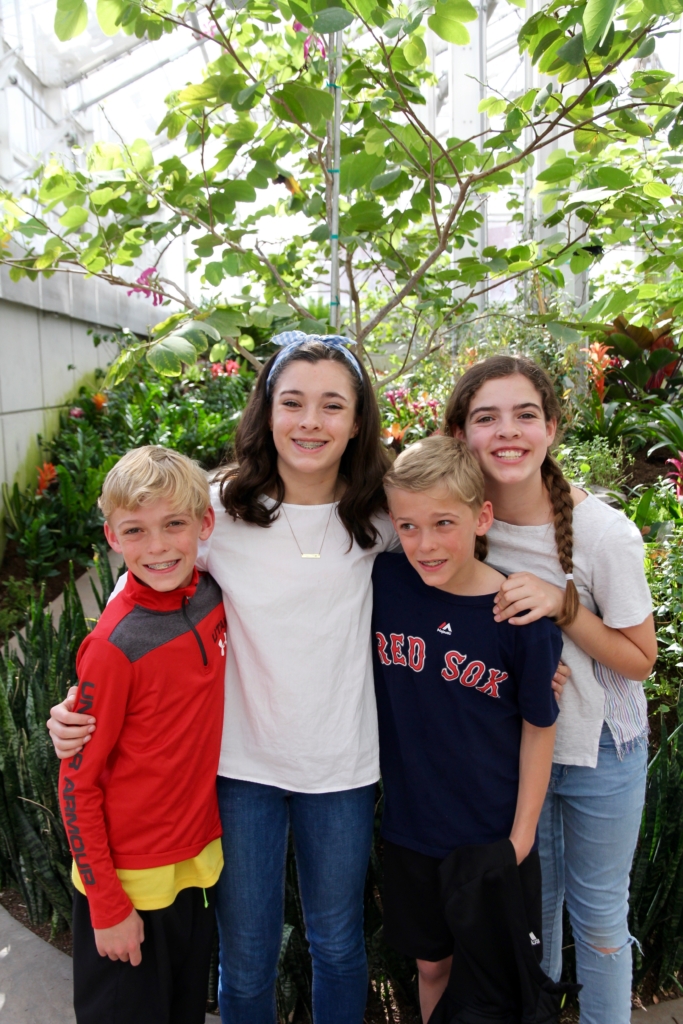
A few years ago I was driving with my twin boys when we passed a homeless man holding a sign. Gordon, who was five years old at the time, asked, “What does that man’s sign say?” I told him. “It says he was in the military and in Afghanistan and now he doesn’t have money to buy food or a place to live.” Gordon responded, “Then why did we just drive by him like he was nothing?”
His question stopped me quick. We pulled into a parking lot to talk. It gave me a chance to tell Gordon he was right. That man wasn’t nothing. He was one of God’s children and we should have done something for him. So we went back to see if we could help.
Children call us back to ourselves. They can strip us of distraction and hurry, of busyness and misdirection. I believe children are connected to the angels.
Jesus said, “Take heed that ye despise not one of these little ones… for their angels do always behold the face of my Father.” (Matthew 18:10)
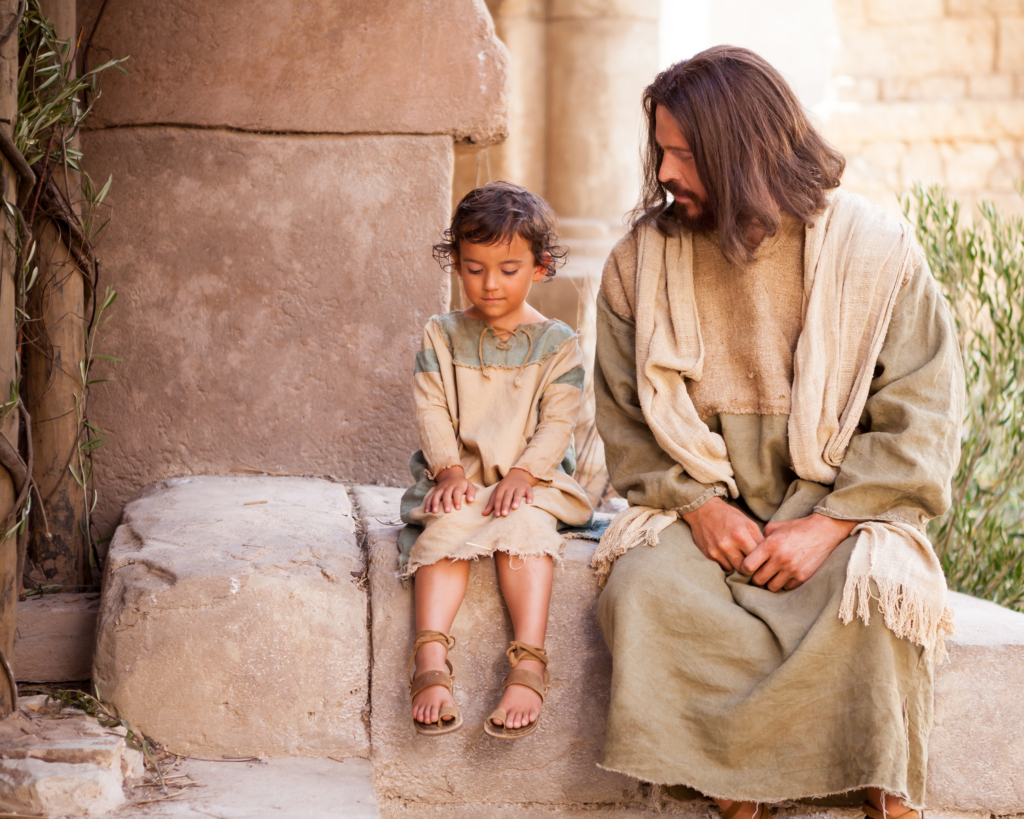
When my daughter Sami was little, we were walking along a small town street in Idaho when she looked up at me and said, “Is it fun up there, being a parent? ya know, being taller?”
I laughed and said, “Sometimes. But it’s harder than I thought it would be.” At the end of a tough parenting day, I have often mourned the way things went down. The way I treated a child, the anger I felt, the things I did or didn’t do. But every time I have knelt to ask for forgiveness, I have felt the Lord heal my heart and cleanse the day, saying, “Let me help you. Together, we will start over tomorrow.”
Of all people, God knows the heartache of willful children who leave Him. We all leave Him at times. Yet His hand is continually stretched out to us.

So how do we love and rear the children in our lives? The ones in our church classes? In our neighborhoods? In our extended families? And in our own homes? I’ve been wondering how I can better love my children when they aren’t being very lovable. The question is, How do we see and love the prickly ones? Because we all have a prickly one to love now and then.
Do you remember when the apostles rebuked a group of followers for bringing their children to Jesus? It tells us in the Joseph Smith Translation of Matthew they did so because they thought “there [was] no need [for the children to see Jesus]… they were already saved.” (Matthew 18:11 – see footnote c)
The Lord, however, had a higher purpose. Yes, they were saved, but He knew they still had needs. He gave the children His attention even when it wasn’t convenient. Being with them made Him happy. It also gave him an opportunity to model how we are to love His little ones.
“Suffer the little children to come unto me and forbid them not,” he said. (Mark 10:14) Then Mark tells us He “took them up in his arms and put his hands upon them, and blessed them.”
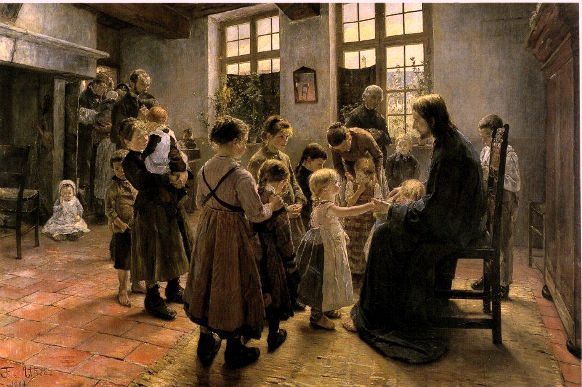
This is the pattern for loving the children we have stewardship over.
1 – First, we must Take Them Up in Our Arms.
I love a painting by Brian Kershisnik called Jesus and the Angry Babies.
It shows Jesus sitting down with four babies struggling on his lap. They are pouting, jealous, and screeching as they fight for a place on his knee. Despite the fact that they are being difficult, even combative, Jesus is still trying to bring them into his arms. Children need physical touch. They need to feel safe.
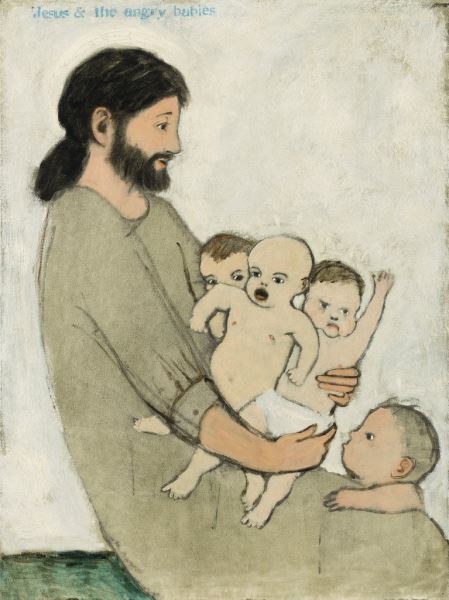
A recent article in the New Yorker discussed the power of touch, how we are interacting less and less as humans — instead we are getting touch from our touch screens, isolated and alone. Physical touch, however, has enormous health benefits. It is proven to reduce stress, lift our mood, strengthen family bonds, and improve cognitive function. I have seen this in action. When one of my children is angry or acting out, my first instinct is usually to ignore their poor behavior, but if I pull them into my arms and hold them, eventually they stop resisting and relax. Once they feel safe and secure they begin to think more sensibly.
2 – Second, we must Bless the Children and Pray for Them.

Children need our prayers. Morning and night. They need us to mention them by name. And I think there is great power in kneeling down with them and praying aloud for them so they can hear our petitions on their behalf.
One friend of mine gives her children the gift of a birthday prayer each year on their birthday. She asks what they need, what they’re worried about, what they hope for, and then together they kneel down and she offers a pleading, heartfelt prayer for them. Never before have children struggled so much for identity, self-worth, and value.
When Jesus visited the Nephites, His prayer for the children was so great the things He said could not be written or spoken. Then One by One He blessed and ministered to the children. We can do the same. The Lord will direct us as we pray individually, One by One, for our children. And He will inspire us to know their needs as we minister to them one act, one prayer, one moment at a time.
The third thing Jesus did for the children, is found in 3 Nephi (17:24): He encircled them with fire.

3 – We can encircle our own children with fire.
And that fire, I believe, is the Atonement of Jesus Christ. We can only protect our children from so much danger. And we ought not to protect them to the extent that we move obstacles out of their way, or carve an easy path for them. Instead we have to equip them to navigate the path. We do this by offering them truth. We teach them how to have a firm mind — how to access God — how to use Christ’s Atonement.
Earlier this year, my son Spencer intentionally hurt his sister, after a number of other infractions. So I sent him to his room for half an hour, or long enough that I could calm down to deal with him. To my surprise he came downstairs fifteen minutes later, in tears, and wanted to talk. He was so remorseful. I had never seen him like this. He buried his head into my shoulder and sobbed, telling me how sorry he was. “I’m a bad person,” he kept saying. “I’ve ruined my relationship with Ali. I don’t deserve to be in this family.”
Isn’t it interesting that Satan will take every opportunity to convince us we are unworthy, incapable of change, or beyond saving.
I asked him why he thought he felt so badly. He said, “Because the Holy Ghost told me what I had done was wrong.” I took Spence in my arms, put him on my lap and held him. Then I told him, that what he had done was bad, but He wasn’t bad. He was good. And God could help him fix what happened.
I said, “Spence, God gave us hearts that can change. He gave us hearts that are pliable, and capable of being fixed. That is what Christ’s atonement does. When we feel sorry, like you do, He knows we are ready to change. To turn away from that behavior and chart a new course. That is why He suffered in the Garden of Gethsemane. He felt what you are feeling right now so you don’t have to carry that sadness forever.” It was one of the sweetest moments I have had trying to teach my children about the Atonement.
When our children understand how to repent and use Christ’s Atonement, that power will surround them like a ring of protective, refining fire.
As we try to love our children the Savior’s way, we will make mistakes. We will have our own ashes to bring to Jesus. And so will our children. But that is okay. We have to teach them it is okay because we have a Savior. I want to shout hosanna every time I think of His redemptive reach, and the glorious healing I continue to find in His wings. Happy Easter.

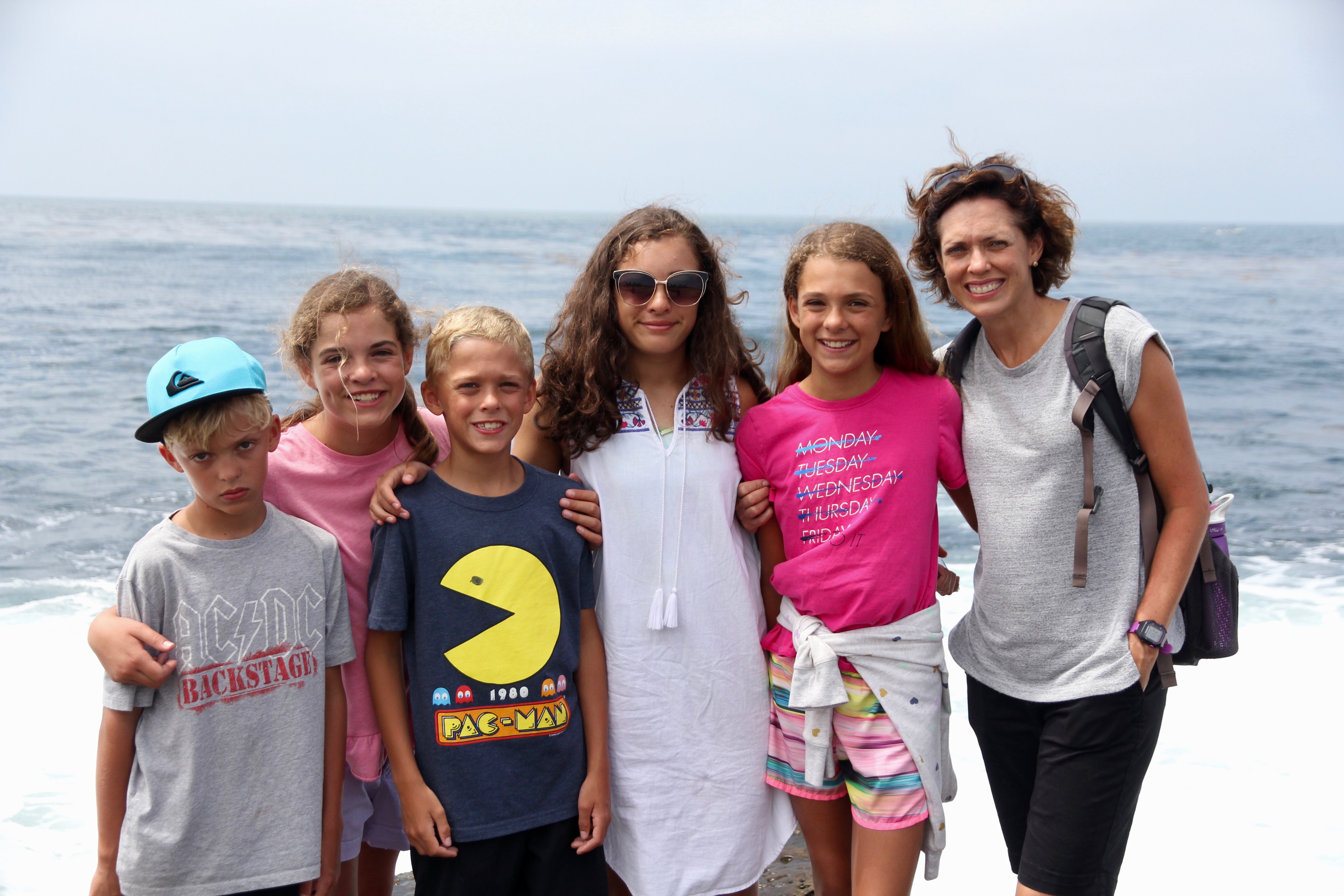




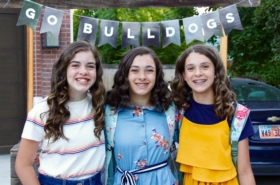
Saydi
Cath! I’m so happy to finally have a minute to find and read this talk. It is so beautifully written, full of deep and important truths. Thanks for the reminder to hold and see and encircle with light. Love you.